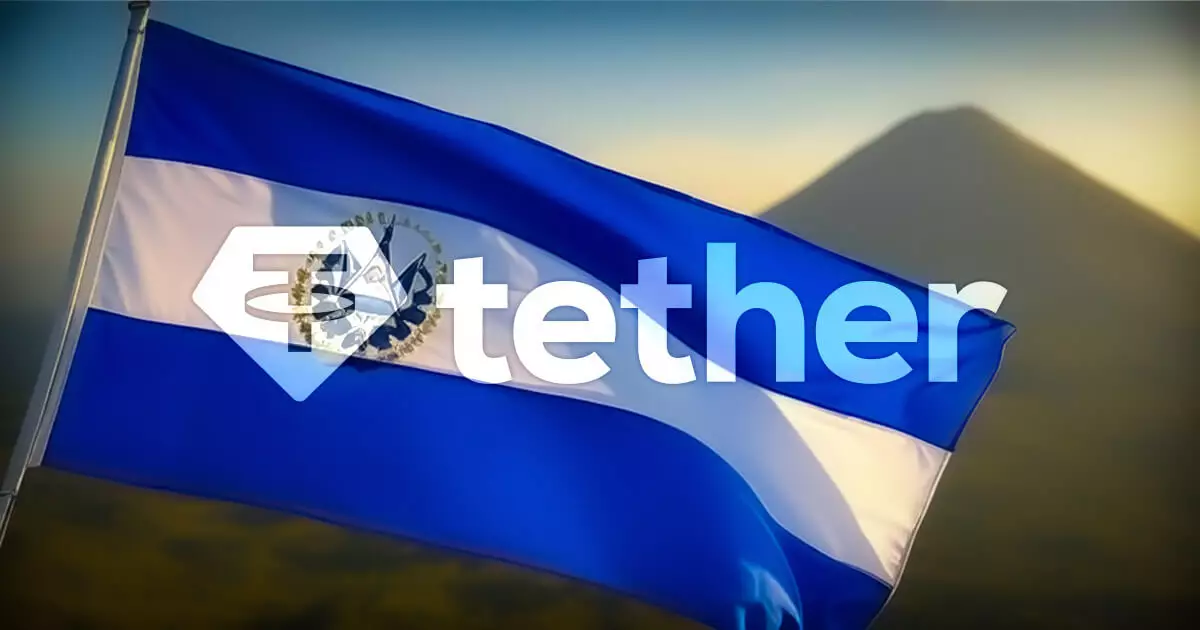Tether, recognized as the predominant player in the stablecoin market, is taking a bold step by relocating its global headquarters to El Salvador. This transition comes on the heels of the company acquiring a Digital Asset Service Provider (DASP) license, marking a significant milestone for both Tether and the nation. El Salvador made headlines as the first country in the world to recognize Bitcoin as legal tender, and this pioneering move has positioned it as a formidable hub for digital asset innovation. Tether’s decision underscores the country’s attractive regulatory landscape, which encourages not just blockchain development but also a broader embrace of cryptocurrency ventures.
At the heart of Tether’s relocation is a commitment to enhancing financial inclusion. The company believes that El Salvador’s regulatory framework is uniquely aligned with its mission to make financial systems more accessible to underserved populations. By establishing its base in a country that champions cryptocurrencies, Tether is hoping to catalyze the expansion of digital assets into communities often neglected by conventional financial institutions. This strategy suggests a broader vision wherein Tether aims to bridge the economic gap and empower individuals through access to innovative financial solutions.
Central to Tether’s decision is the leadership of El Salvador’s President Nayib Bukele. He is widely celebrated for implementing progressive reforms that support technological advancement and economic resilience. Tether’s CEO, Paolo Ardoino, has publicly stated his admiration for Bukele’s revolutionary agenda, describing the President as a catalyst for lasting economic change. Under Bukele’s guidance, Tether anticipates strengthened opportunities for collaboration within a nurturing business framework. This symbiosis between a private company and the governmental landscape represents a promising synergy that could fuel further advancements in the digital finance arena.
The relocation of Tether is not merely a logistical maneuver; it represents a strategic partnership with a nation striving to redefine economic engagement through digital finance. Ardoino remarked on the importance of aligning with a country that is resolute in its vision for financial innovation. By establishing its headquarters in El Salvador, Tether not only expresses confidence in the country’s potential but also commits to fostering an ecosystem where progressive ideas can flourish. This environment could eventually yield pioneering technologies and services that redefine how individuals interact with finance on a global scale.
As Tether plants its roots in El Salvador, the implications extend far beyond business interests. This move signifies a noteworthy shift within the digital finance landscape, highlighting how regions willing to embrace innovation can attract significant players in the industry. With El Salvador poised as a trailblazer in cryptocurrency adoption, Tether’s presence serves as an endorsement of the nation’s transformative potential. As we look to the future, this partnership could set the stage for an evolution in the financial sector, where blockchain technology and decentralized finance reshape the economic fabric for millions across the globe.

